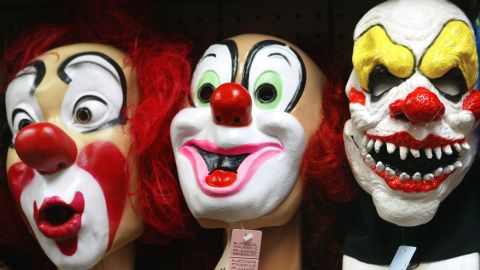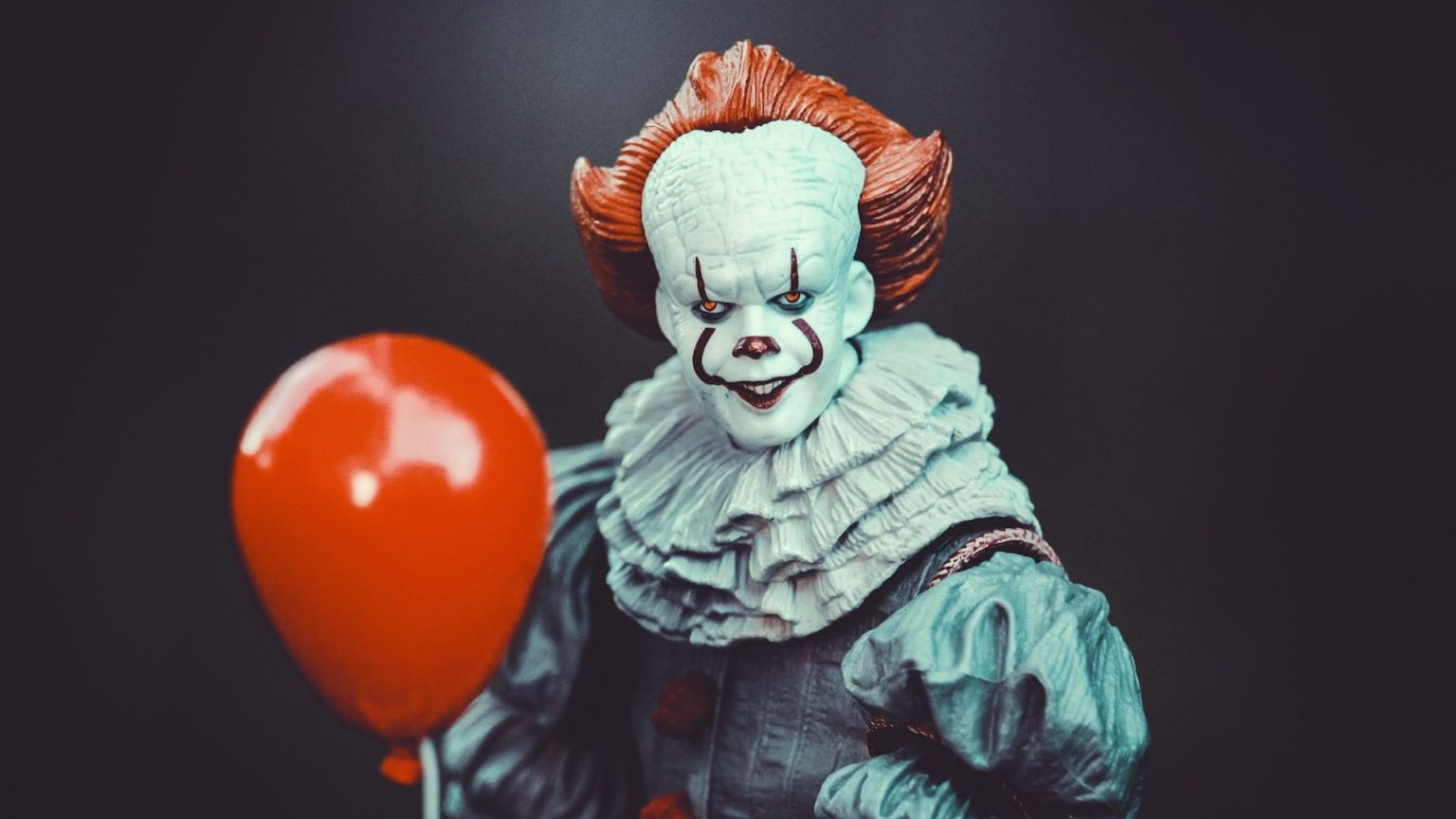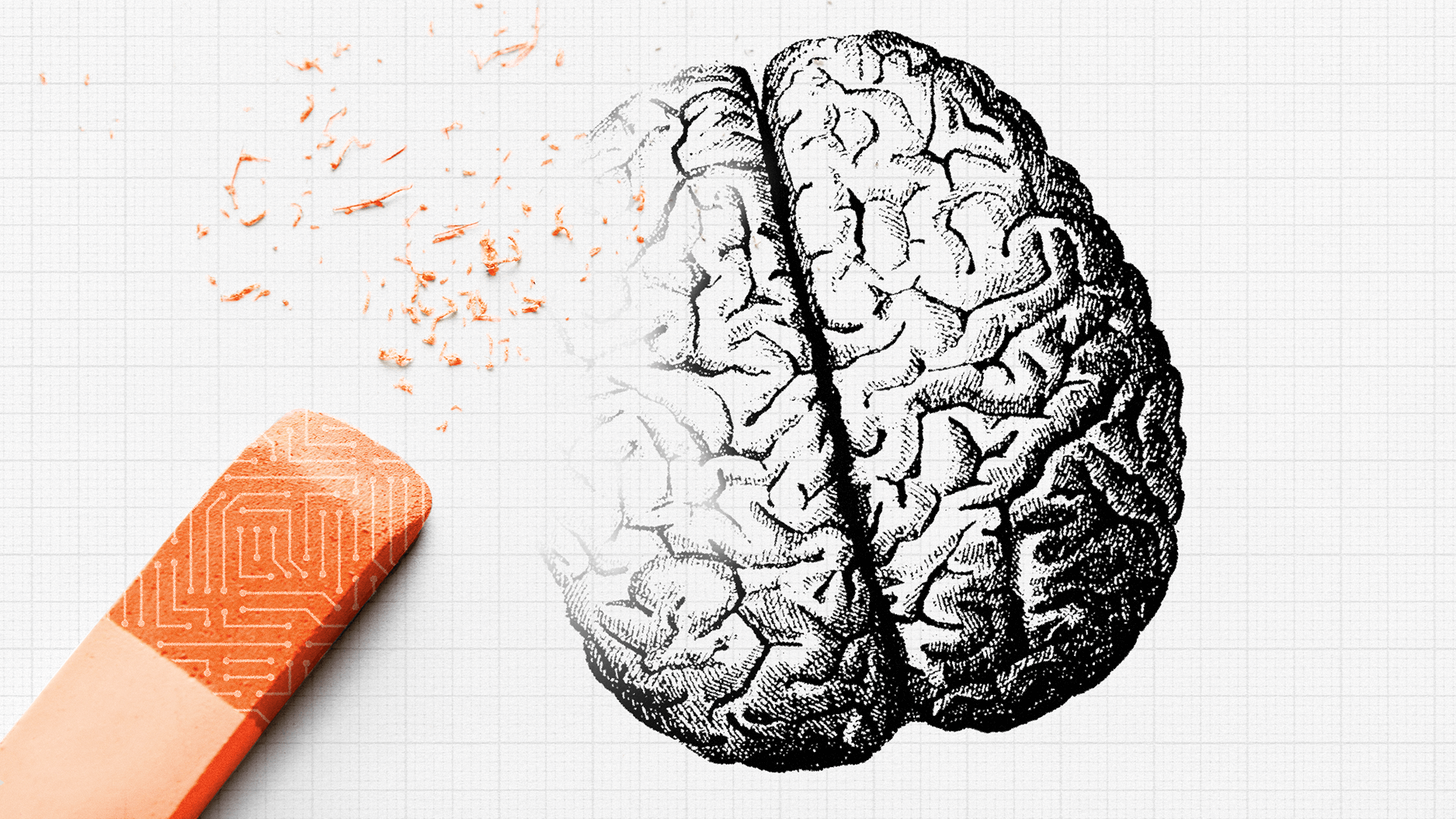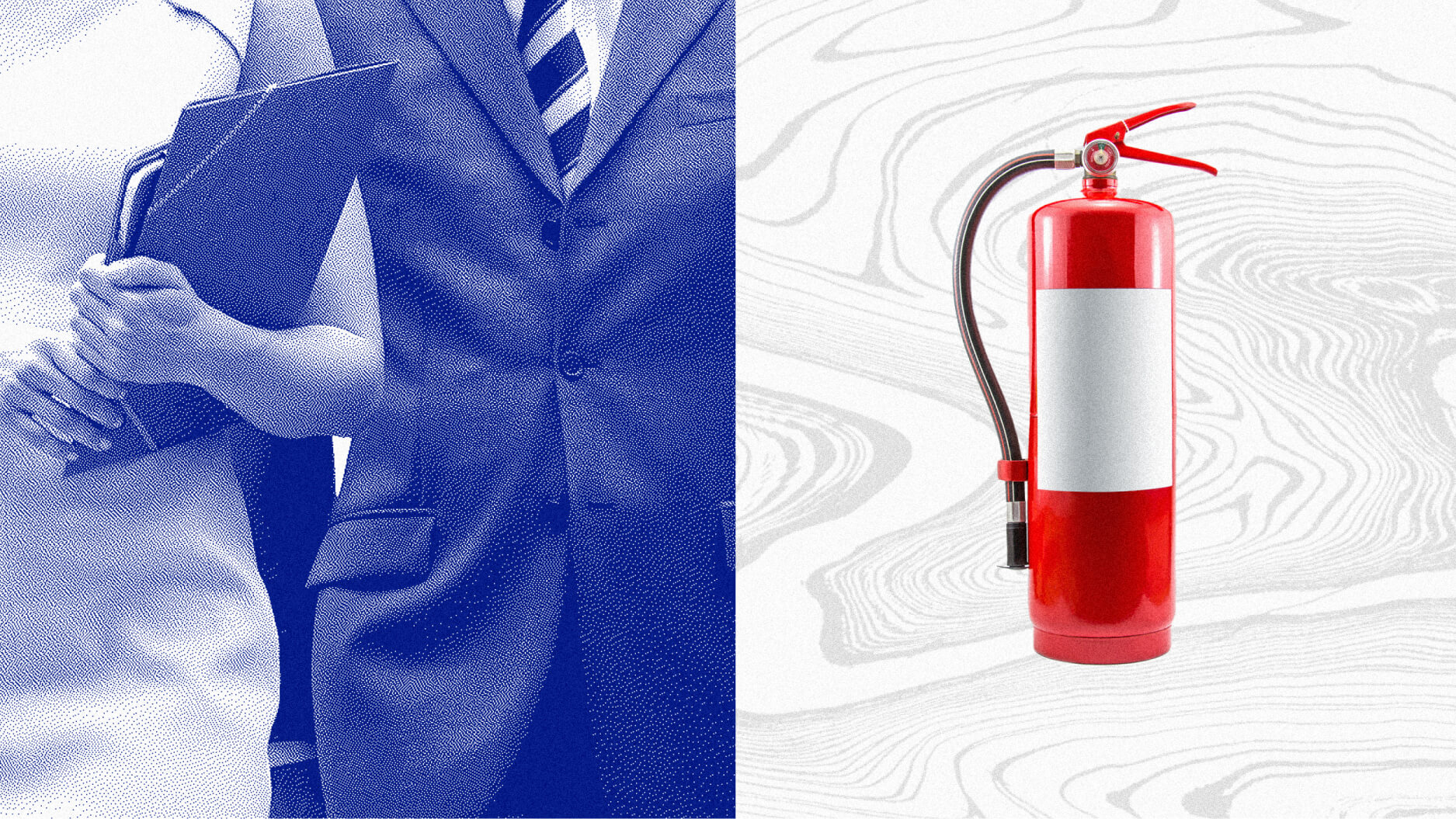The Funniest Residents of Uncanny Valley, Creepy Clowns – and Why They Scare Us

From California to the Carolinas and now even in the United Kingdom, creepy clowns are out to get us. The terrifying fad has lead to college police departments asking people not to dress as clowns for Halloween this year. The coulrophobics of the United States are in a collective state of dread.
The idea of clowns being frightening is ingrained in our culture. From Tim Curry’s performance as Pennywise in the film adaption of “It” to the real life hobby of John Wayne Gacy dressing up as “Pogo the Clown”. Even in the recent children’s film “Inside Out“ there was a prominent depiction of a clown being frightening as opposed to funny.
But, why clowns? Why do we find these characters that are supposed to make us laugh so creepy?
As it turns out, children don’t even like clowns. A 2008 study in England showed that nearly all children surveyed found clown designs in hospital wards discomforting. Some going so far as to find them “frightening and unknowable”, and that older children were particularly averse to them.
For adults, it seems that clowns have nearly every element of creepiness checked off. A recent study of creepiness asked subjects to rate the creepiness level of 44 different features. The results showed persons that are seen as creepy are more likely to be male, have strange physical features or nonverbal actions, tend to have odd patterns of eye contact, and demonstrate unpredictable behavior.
This series of features could practically be a list of job requirements for persons looking to become a clown. Oh, and the subjects chose “clown” as the creepiest listed profession. The runners up included taxidermists and funeral directors.
Psychologically, scary clowns often strike at one of our primal fears, they are uncanny. Uncanniness is a notion in psychology that goes back to before Freud. The idea being that the closer something is to being familiar, without quite making it, the more uncomfortable we are with it. The previously mentioned studies show that clowns, with their makeup, odd behavior, and comic features are residents of uncanny valley. We respond to the uncanny intuitively, with fear, fight, and flight. The image of the creepy clown just takes advantage of this.
There you have it, the classic whiteface-auguste clown is officially creepy; sorry Bozo. Let’s just all hope this fad passes soon; then we can get back to all the other things that scare us.





